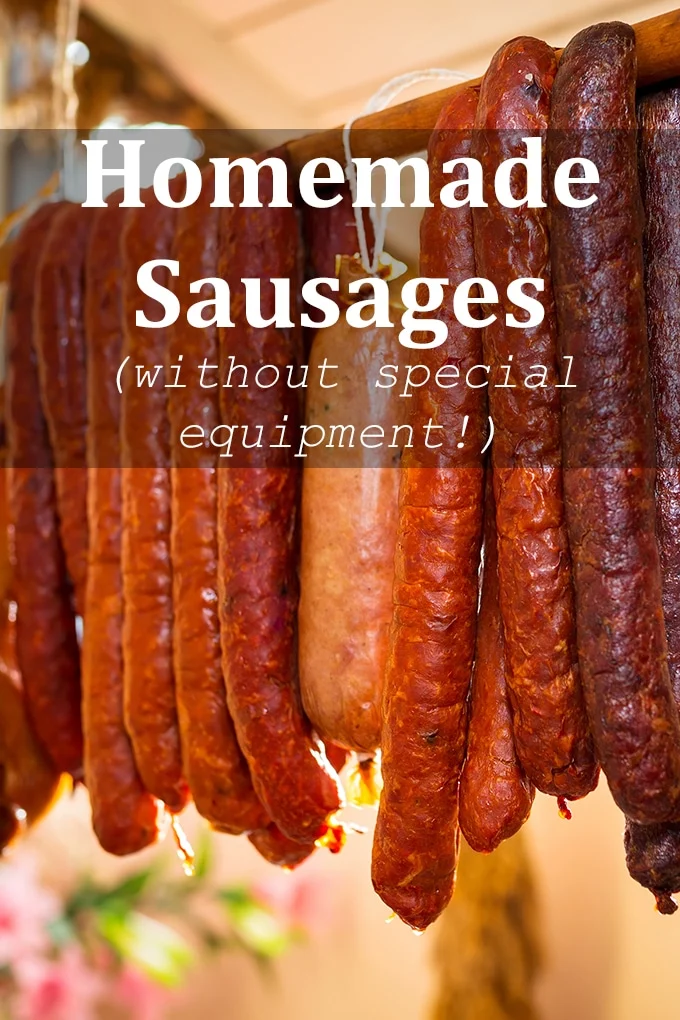
Aug . 12, 2024 05:14 Back to list
Exploring the Role of Meat Processing Facilities in Modern Food Production and Supply Chains
The Role and Impact of Meat Cutter Factories in Modern Industry
Meat cutter factories play a pivotal role in the global food supply chain, processing a wide variety of meat products that are essential for both domestic consumption and export. These facilities not only contribute to the economy but also meet the ever-growing demand for efficient food production. The importance of meat cutter factories can be understood through various aspects, including their operational processes, safety standards, and contributions to sustainability.
Operational Processes
The primary function of meat cutter factories is to transform raw meat into ready-to-sell products, such as packaged cuts, sausages, and other processed foods. The operational processes in these factories are often highly mechanized to ensure efficiency and uniformity. Initially, animals are received at the factory, where they undergo strict inspections to ensure they meet health and safety standards. After this, the animals are processed through a series of stages, including slaughtering, butchering, and packaging.
Automation has revolutionized meat cutting factories, with machinery that can cut, grind, and package meat with precision. This not only speeds up production but also minimizes waste, as machines are designed to utilize nearly every part of the animal. Advanced technologies such as conveyor belts, robotic arms, and computer systems are integrated to streamline these processes. As a result, these factories can operate at a scale that meets the demands of a growing population.
Safety Standards
In the meat processing industry, maintaining high safety standards is critical to prevent contamination and ensure public health. Meat cutter factories must adhere to stringent regulations set by health authorities, which include regular inspections and compliance with food safety protocols. This includes maintaining proper hygiene practices, ensuring that employees wear suitable protective equipment, and implementing regular training sessions.
meat cutter factories

Moreover, traceability is a vital aspect of safety in meat processing. Many facilities have adopted advanced tracking systems that allow them to trace meat products back to their source, which is crucial for managing recalls and ensuring that only safe products reach consumers. These safety measures not only protect public health but also enhance consumer confidence in meat products.
Contributions to Sustainability
As the world faces challenges related to climate change and environmental sustainability, meat cutter factories are also focusing on reducing their ecological footprint. Many facilities are introducing sustainable practices, such as minimizing water and energy use, reducing meat waste, and finding alternatives for packaging materials. For instance, some factories are developing methods to convert waste by-products into energy or compost, which helps in reducing landfill use.
Additionally, the rise of plant-based alternatives is prompting some meat cutter factories to diversify their offerings. By investing in the production of meat substitutes, these factories are adapting to changing consumer preferences and contributing to a more sustainable food system.
Conclusion
In conclusion, meat cutter factories are an integral part of the food industry, providing essential services that connect agricultural producers to consumers. Their impact extends beyond mere meat production; they embody the intersection of technology, safety, and sustainability. As the industry continues to evolve, these factories must navigate challenges while remaining committed to responsible practices that support both public health and environmental stewardship. These efforts not only ensure a consistent supply of meat products but also contribute positively to the global food economy.
Latest news
-
[Product Name]-[Company Name]|[Core Function 1]&[Core Function 2]
NewsJul.13,2025
-
SmartFlow 3000 Series-Industrial Automation Solutions|AI Analytics&Energy Efficiency
NewsJul.13,2025
-
NextGen Equipment Series-IndustrialTech Solutions|Smart Automation&Real-Time Analytics
NewsJul.12,2025
-
Smart Irrigation System - Example Corp | Water Conservation, AI-Driven Efficiency
NewsJul.12,2025
-
Chicken breast meat slicer
NewsMar.07,2025
-
Meat Bowl cutter for LAB
NewsMar.07,2025